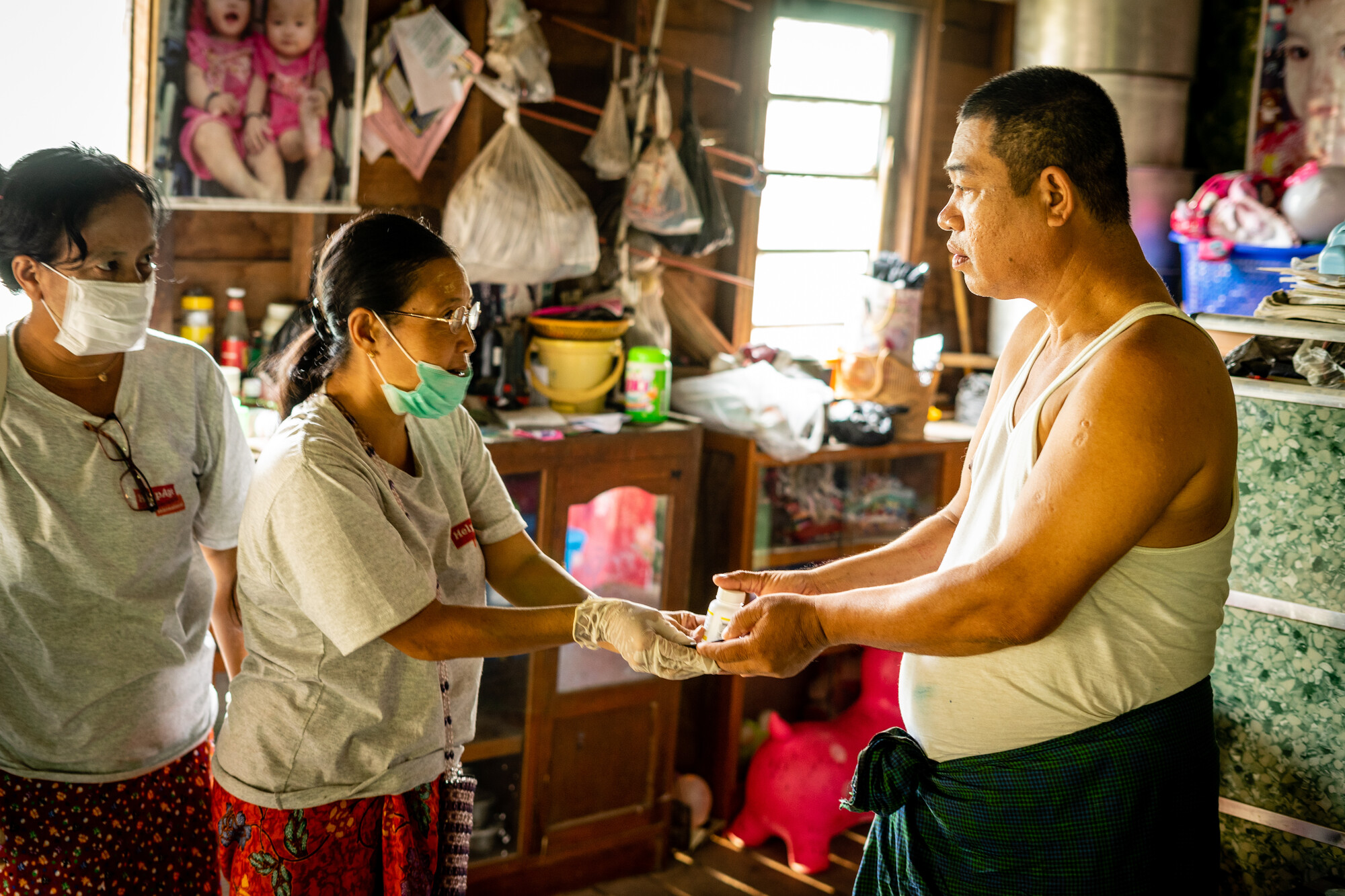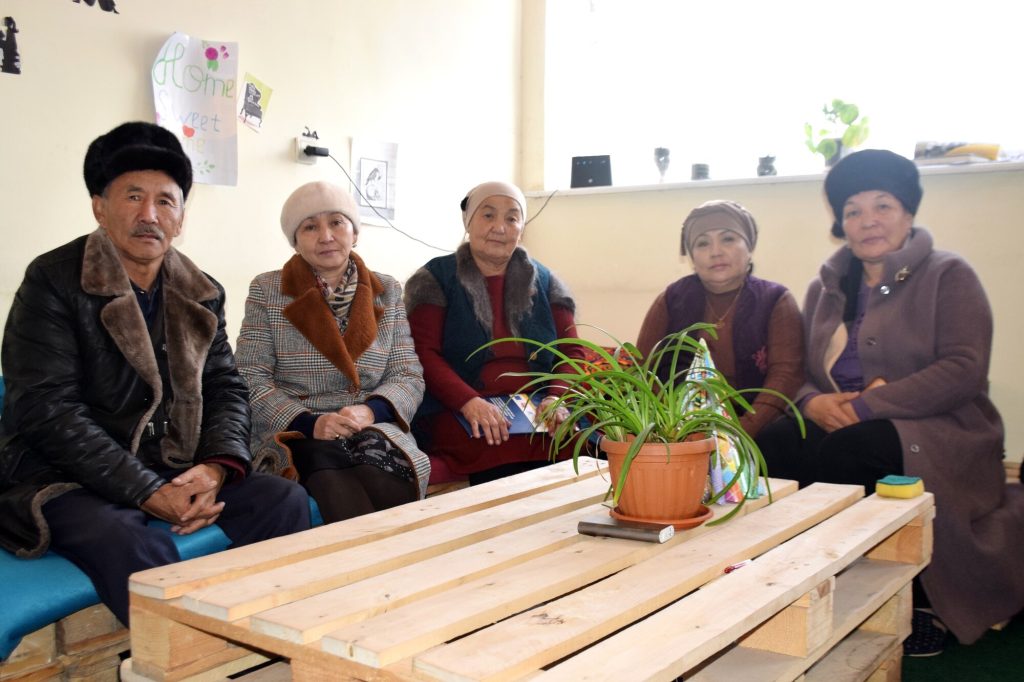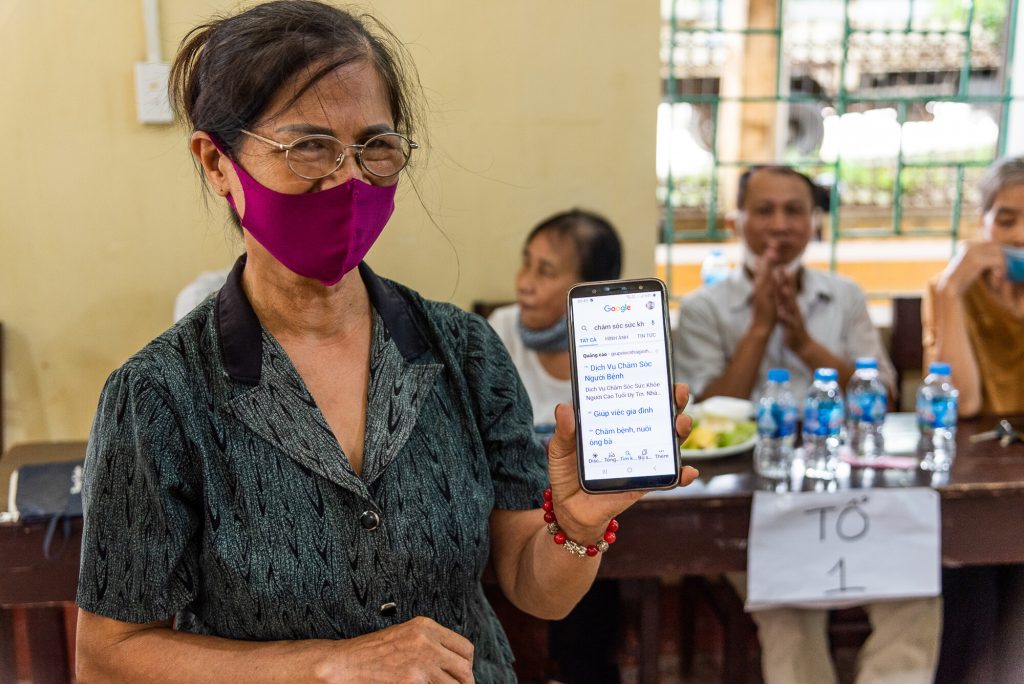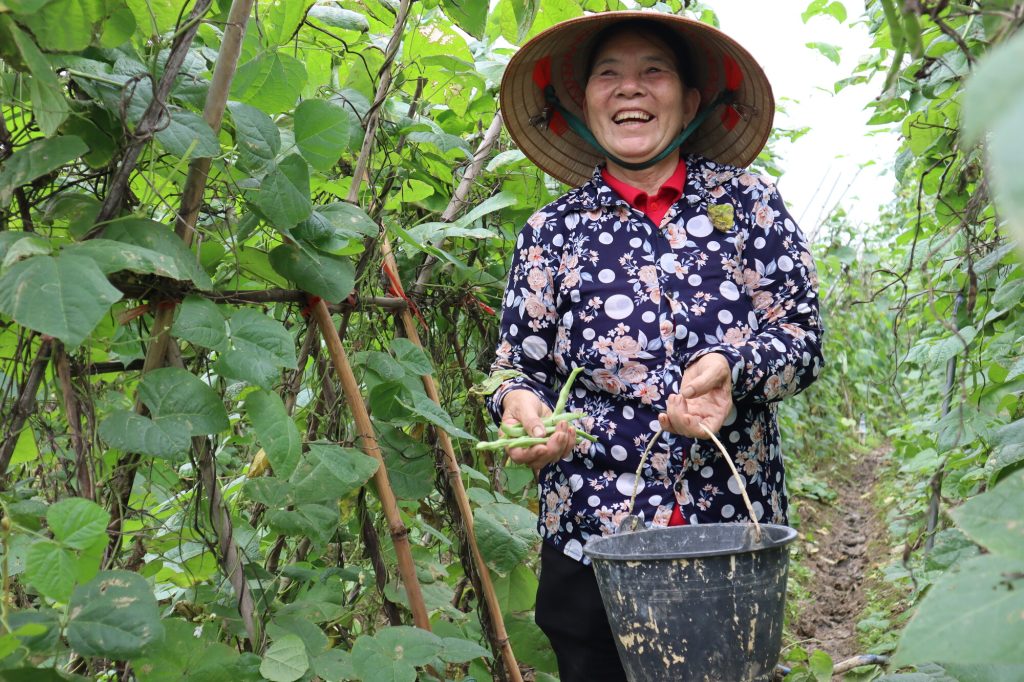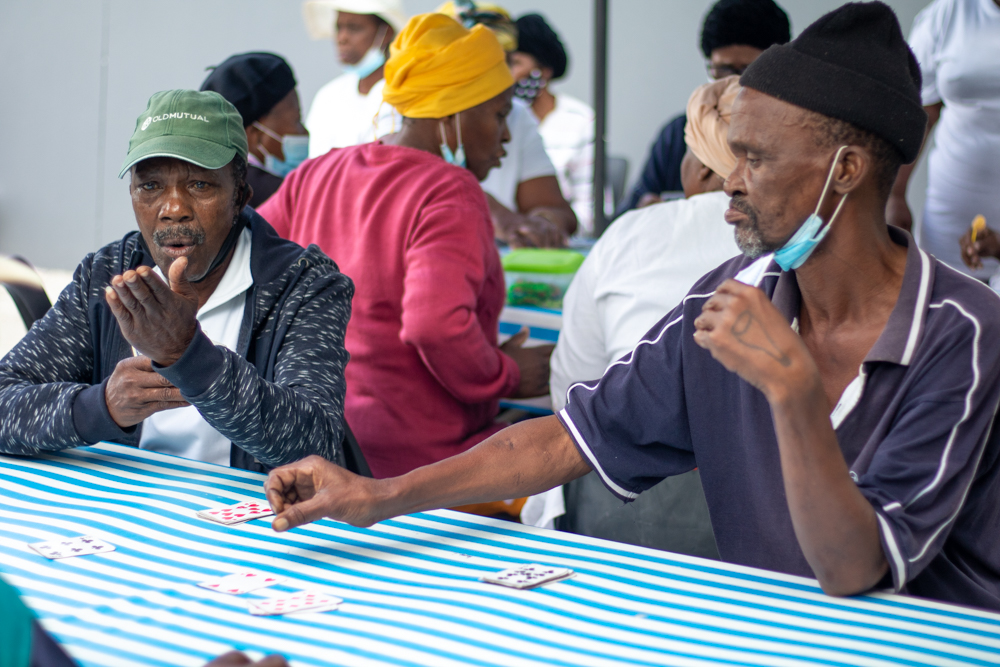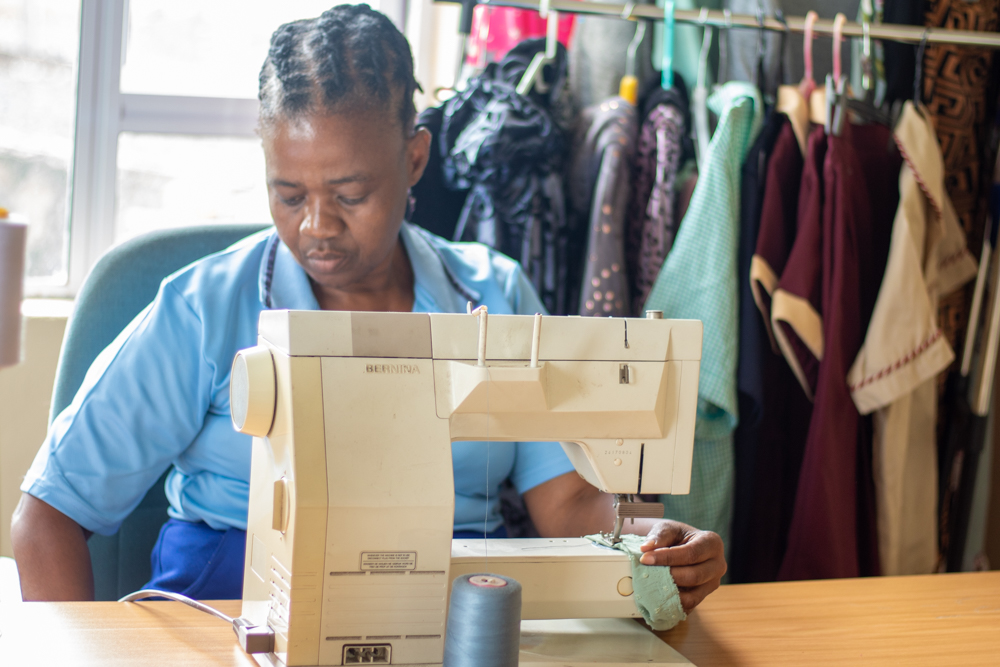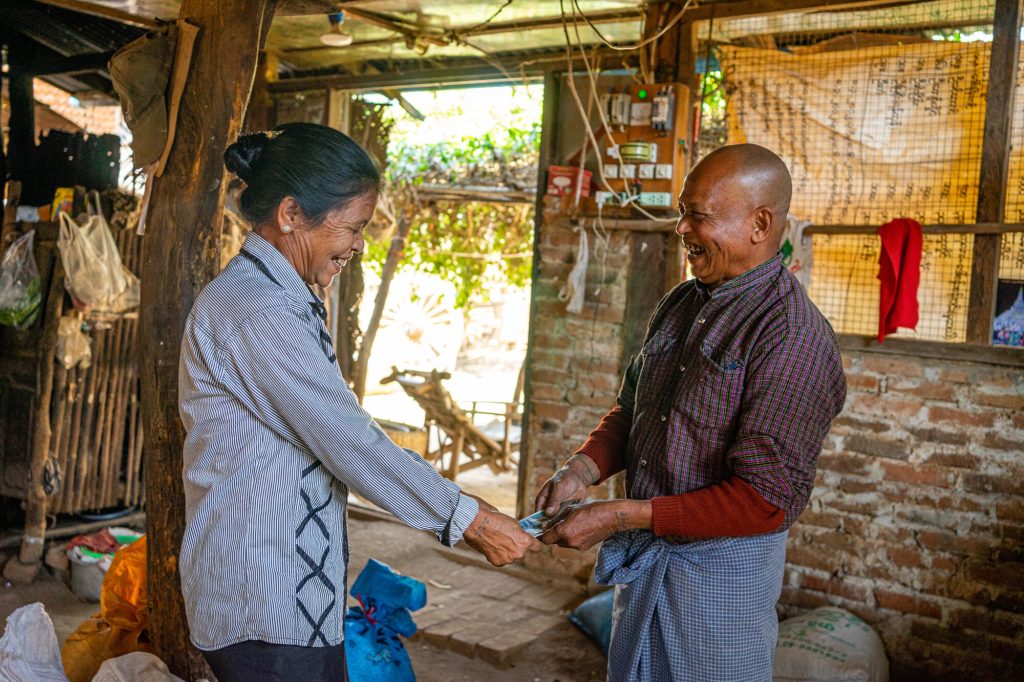The dynamics of OPAs
OPAs serve as vibrant sanctuaries where older people congregate, not merely for leisure but for contribution and empowerment. They foster meaningful participation in society, offer avenues to acquire new skills like income generation and vocational training, and inform older generations about available support systems, from healthcare to food security.
What makes OPAs extraordinary is their multi-dimensional nature, fostering intergenerational connections that bridge age gaps, allowing wisdom, skills, and experiences to flow seamlessly between generations. The ripple effects of these associations transcend individual benefits, weaving a stronger fabric of community bonds at local and national levels.
Agile and responsive to the different local and national contexts, there is no one-size-fits-all model for OPAs.
- They enable older people to come together to take part in their hobbies and interests, learn new skills which might enable them to earn an income, or take part in vocational training.
- They are often also spaces where older people can learn about what support is available to them, such as healthcare and nutrition.
- They also create opportunities for them to become more aware of their rights and how to demand them, enabling them to meaningfully participate in decision-making and secure change for themselves and for wider society.
- Many OPAs are also intergenerational so people can share time, skills and experience between different age-groups. This multi-functional format means that the benefits are not exclusive to older people as individuals, but also to the wider community and beyond.
OPA local knowledge can also be hugely valuable in HelpAge’s aims, helping to reach older people in humanitarian crises, making responses more inclusive, and providing evidence to support national and global advocacy goals.
Leading the way in Asia
The growth of OPAs in Asia is a tale of evolution and adaptation. Starting as outlets for recreational activities such as dancing, cooking and exercise in Bangladesh, Cambodia, India and Vietnam, these associations blossomed into responsive entities addressing varied issues, from health monitoring to livelihood promotion. HelpAge facilitated this transformation, facilitating exchanges, knowledge sharing, and skill enhancement among diverse OPA groups.
Quyen Tran, HelpAge’s Older People’s Association Adviser, who has led the development of OPAs in Asia since 2006 says: “We have been constantly listening, adapting and evolving, to ensure we have an enabling environment for others to do things for themselves. It’s about empowering and having fun – and then building on that before sharing the experiences with others so they can benefit too.”
The success story spans the entire Asian continent, as OPAs were promoted and rolled out through the HelpAge global network, resulting in thousands of OPAs opening across Asia, including 600,000 in China and 105,000 in Vietnam.
Africa’s ongoing journey
The landscape in Africa presents a different canvas. Although the proportion of older people is smaller compared to Asia, HelpAge has fostered the growth of OPAs in nations like Kenya, Ethiopia, Malawi, Mozambique, and Tanzania with a focus on advocating for better policies for older people, and instigating change.
In Ethiopia, for example, through working in partnership with the Ministry of Labour and Social Affairs, HelpAge has been instrumental in building a sustainable nationwide structure for OPAs – the Ethiopian Elderly and Pensioners National Association (EEPNA). EEPNA started with 30 ‘pensioners associations’ in 1998 and now boasts more than 1,300 OPAs members at the district, regional, and national levels, standing as a testament to the enduring impact of HelpAge’s collaborative efforts.
Sofia Mohamed, Senior Programme Officer, who has worked with HelpAge since 2006, says HelpAge played a ‘vital role’ in this achievement by helping to secure funding, providing advocacy training, and playing an advisory role.
She explains: “OPAs are vital for advocacy work and claiming rights, working with and for older people. In most cases they are serious and talk about the rights of older people. But it’s also about doing something special around major holidays with events and gatherings to strengthen social cohesion.”
Smart Daniel, Tanzania country director who overcame government resistance to build OPAs in the country describes this work as “One of our biggest achievements.” He says: “It shows how we have the energy to shift things for older people in the hands of older people themselves.”
Championing rights, catalysing change
OPAs have acted as changemakers in the lives of older people. Through their collective action, they have been instrumental in propelling social protection initiatives, providing data that supports advocacy for older people’s rights and been used to hold policymakers to account.
Sofia Mohamed cites how the power of collective action created by OPAs has promoted social accountability and community-driven development.
“It used to be top-down with the government deciding what is best, but it should be bottom-up. This is how HelpAge works with the EEPNA and its structures: collaborating on promoting social accountability that empowers the community and changes the status quo. The community needs to decide what it needs, and the government is listening.”
Across Latin America, OPAs have been pivotal in crucial milestones like the ratification of the Inter-American Convention on the Rights of Older People Treaty, agreed in 2015. In 2011, OPAs played a pivotal role in the successful advocacy for Peru’s universal pension programme and in Uruguay they successfully campaigned for a ‘Senior Deputies Day’, enabling older people to sit with politicians to outline challenges and what should be done for older people.
A beacon in humanitarian crises
When crises loom, OPAs often emerge as lifelines. Their local insights and credibility within communities make humanitarian efforts more effective. This was witnessed during the aftermath of Typhoon Haiyan in the Philippines in 2013, where, thanks to the local knowledge of OPAs, HelpAge was able to reach an isolated community that had not received any outside help in the 12 days since the typhoon had struck.
In 2023, during Ethiopia’s ongoing food crisis and the floods in Pakistan, these associations monitored the needs of older people, ensuring they received aid, and pressing for inclusive responses.
And during the COVID-19 pandemic, OPAs showed how they could act as a lifeline, bridging communication gaps, identifying needs, and aiding older people in accessing essential support, from governmental grants to vaccinations.
For Ajeeba Aslam, HelpAge’s country director in Pakistan at the time, OPAs were essential in overcoming the challenges of lockdown. She says: “We reached out to OPAs to do telephone assessments so we could identify older people’s needs, publicised them nationally and monitored the media. Cash support grants were made available from governments as a result.”
But it didn’t stop there. Ajeeba explains “Ongoing communications revealed that many older people were unable to access the grants because the national ID database that relied on thumb prints could not read some of them. This was because their prints were too vague because of age or manual labour. A successful follow-up campaign saw exemptions for older people, as well as the distribution of support to older people and those with disabilities who were unable to leave their homes.”
In Tanzania, in response to the government denial of the existence of Covid-19, OPAs helped promote the benefits of vaccinations against the virus because they were trusted by their peers.
Smart says: “We went to WHO and UNICEF and told them we are trusted by older people and that we could use the older people’s forum to change the thinking. We led the campaign and used the forum as activists to change the mindset. Older people then went on to persuade younger people in their communities.’’
The ongoing legacy
OPAs aren’t just about older people’s empowerment; it’s a narrative of resilience, unity, and impactful advocacy. These associations, sculpted with support from HelpAge, have become pillars of societal cohesion, champions of rights, and resilient agents in the face of adversities. As we navigate a constantly evolving world, their unwavering presence and influence offer a timeless lesson: age is not a barrier to effecting meaningful change.
